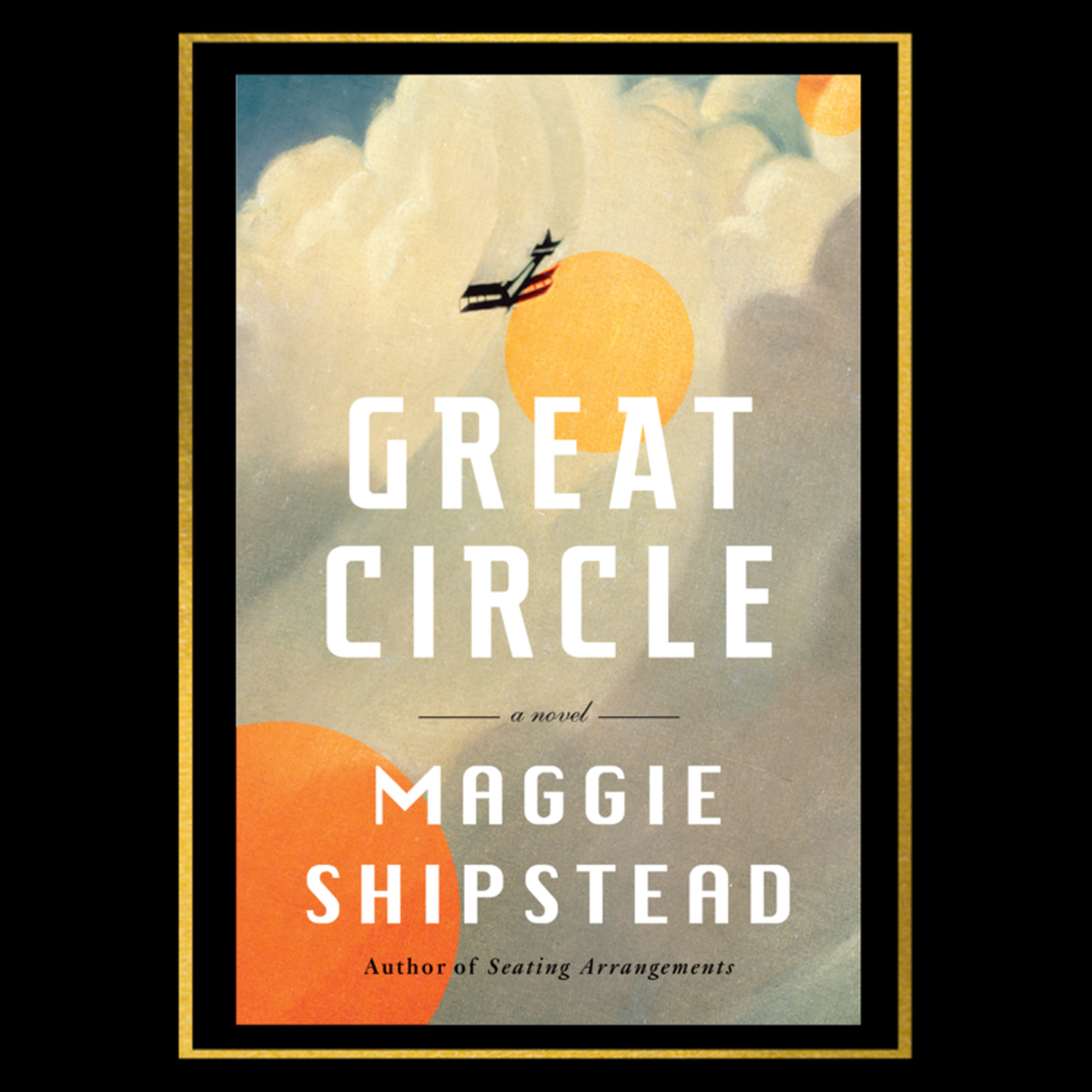Maggie Shipstead talks the ‘primordial soup’ of writing and her new novel ‘Great Circle’ at Northwest Passages Book Club

Maggie Shipstead’s “Great Circle” follows aviator Marian Graves through Prohibition-era Montana, the Pacific Northwest, Alaska, New Zealand, wartime London and beyond, as she charts her own course through life and love. Nearly a century later, actress Hadley Baxter is cast as Graves in a biopic chronicling the events leading up to and following her disappearance over Antarctica.
Shipstead joined a virtual gathering of the Northwest Passages Book Club to discuss the book with The Spokesman-Review’s Kristi Burns at 7 p.m. on Wednesday.
Burns opened with several questions about the inspiration behind the novel, the research that fueled it and the time it took to draft.
“I’d written my first two books, at least the first drafts in less than a year … so I thought, ‘Yeah, I’m just someone who churns out books …‘ ” Shipstead said, explaining that it ended up taking seven years to write and publish “Great Circle.”
Shipstead’s time as a travel writer served her well during the research phase. Less than a year into the drafting process, she was already molding her itinerary around the destinations Graves – the historical figure on whom her protagonist is based – would have visited.
“I wanted to go to the Antarctic,” she said. “So I started pitching stories.”
Shipstead ended up visiting the Arctic five times – Antarctica twice. At a certain point, her editors started thinking of her as “the empty wastelands” expert, she joked.
“It’s been a real education,” she said.
Missoula is also featured heavily in “Great Circle,” but that wasn’t always the plan, Shipstead explained.
The original idea was to set the work in Nebraska, but the story needed a little more “topography.” A few months in Missoula before she started writing the book convinced her that Montana would more than fill the bill.
Burns next asked an audience question about American novelist Wallace Stegner’s influence on her work, especially with respect to creating strong, complex female characters. Shipstead shared that she has been a great and long-time admirer of his work.
“It’s been a long time since I’ve read his novels … it all kind of goes through the primordial soup that makes you a writer,” she said, explaining that she, like Stegner, considers herself a Western writer.
Shifting the discussion back to “Great Circle” and the research that went into it, Shipstead shared how she came to choose a plane for Graves. Her research would lead her through a series of WWII-era instructional films on YouTube and eventually to the Museum of Mountain Flying at Missoula International Airport, about two years into the project.
She remembers seeing a couple of pilots pushing a historic aircraft through the hangar doors. Out of the blue, they invited her to join them.
“They were taking up a 1927 Traveler 6000 and just asked if I wanted to come along,” she said. “So I decided that would be the type of airplane Marian would learn to fly.”
Shipstead wasn’t born a writer, she explained, she was “born a wanderer.” Her first big trip outside of the United States was to Europe and, thanks to her mother, the itinerary was entirely her own.
“I’d read about a random monastery in the Alps,” she said, remembering her fascination with the St. Bernard Pass. She asked her mother if they could go, and off they went to the Alps.
“That was a formative experience,” she said. She loved the idea that if you wanted to go somewhere and the opportunity presented itself, you could really go.
Beyond travel, the novel explores love and sexuality in a manner that, barring a little research, might seem anachronistic.
The character of Sitting in the Water Grizzly, someone who we might now call transgender or “two-spirited,” for example, was a real historical figure, Shipstead explained.
“Traveling Jesuit priests write about them,” she said. “And what was so interesting to me … the native people were so ‘other’ to these explorers already, that when they met someone who had changed gender … there was really no alarm.”
While she waits to start wandering again, reading Julian Sanctum’s “Madhouse at the End of the Earth” – a nonfiction work about an ill-fated Belgian expedition into the Arctic – is keeping her interested. But with travel opportunities around the corner and another novel in the works, Shipstead’s writing life is already ramping up.
“Great Circle” is available at Auntie’s Bookstore.